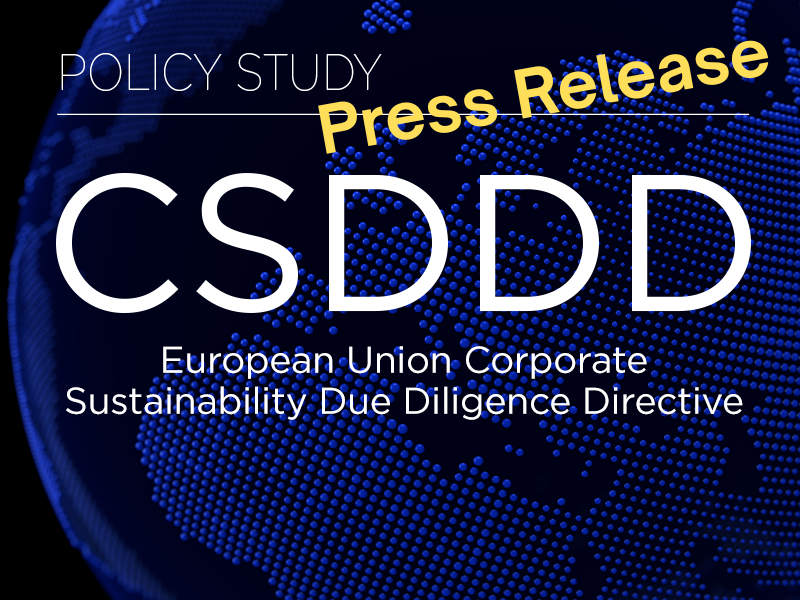The New Jersey Senate rejected a proposed deal made between Gov. Chris Christie (R) and lawmakers in the General Assembly that would have hiked the state’s gasoline excise tax by 23 cents per gallon—from 14.5 cents per gallon to 37.5 cents per gallon—in exchange for gradually relieving consumers’ sales tax burden.
The sales tax would have been reduced by 1 percent over the next two years.
In July, New Jersey Senate lawmakers rejected the proposal by tabling it for consideration at an unspecified future date. Christie responded by issuing an executive order instructing the state Department of Transportation to submit plans for an “orderly shutdown” of construction work funded by gas-tax revenue.
Unpredictable Effects
Erica Jedynak, state director for the New Jersey chapter of Americans for Prosperity, says it’s difficult to predict how swapping gas-tax hikes for sales-tax relief would impact consumers.
“Although a sales tax decrease will certainly help [reverse] some of the regressive impacts of a gas-tax increase, we can’t know what the overall impact will be,” Jedynak said. “A much better deal for taxpayers would be spending reform, rather than raising taxes.”
Comprehensive Reforms Suggested
Jedynak says state lawmakers should lower tax rates while eliminating tax breaks for special interests.
“New Jersey has one of the highest corporate taxes in the nation, while at the same time handing out tens of millions [of dollars] in special tax incentives to favored corporations,” Jedynak said. “Regular taxpayers find the state asking for more and more of their hard-earned paycheck. If New Jersey wants to be most hospitable to citizens and businesses, they should lower overall tax rates and end many of these special-interest handouts.”
Calls for Lower Rates
Jonathan Williams, director of tax and fiscal policy at the American Legislative Exchange Council, says many taxes are too high in New Jersey.
“New Jersey’s personal and business income tax rates are both close to the highest in America, while property tax burdens are the very highest in the nation,” Williams said. “Also, New Jersey is one of the remaining states to levy a death tax, one of the most economically damaging taxes in existence, [which] is arguably one of the reasons why many wealthy residents look to leave New Jersey and relocate to other states.”
Marybeth Glenn ([email protected]) writes from Wausau, Wisconsin.



